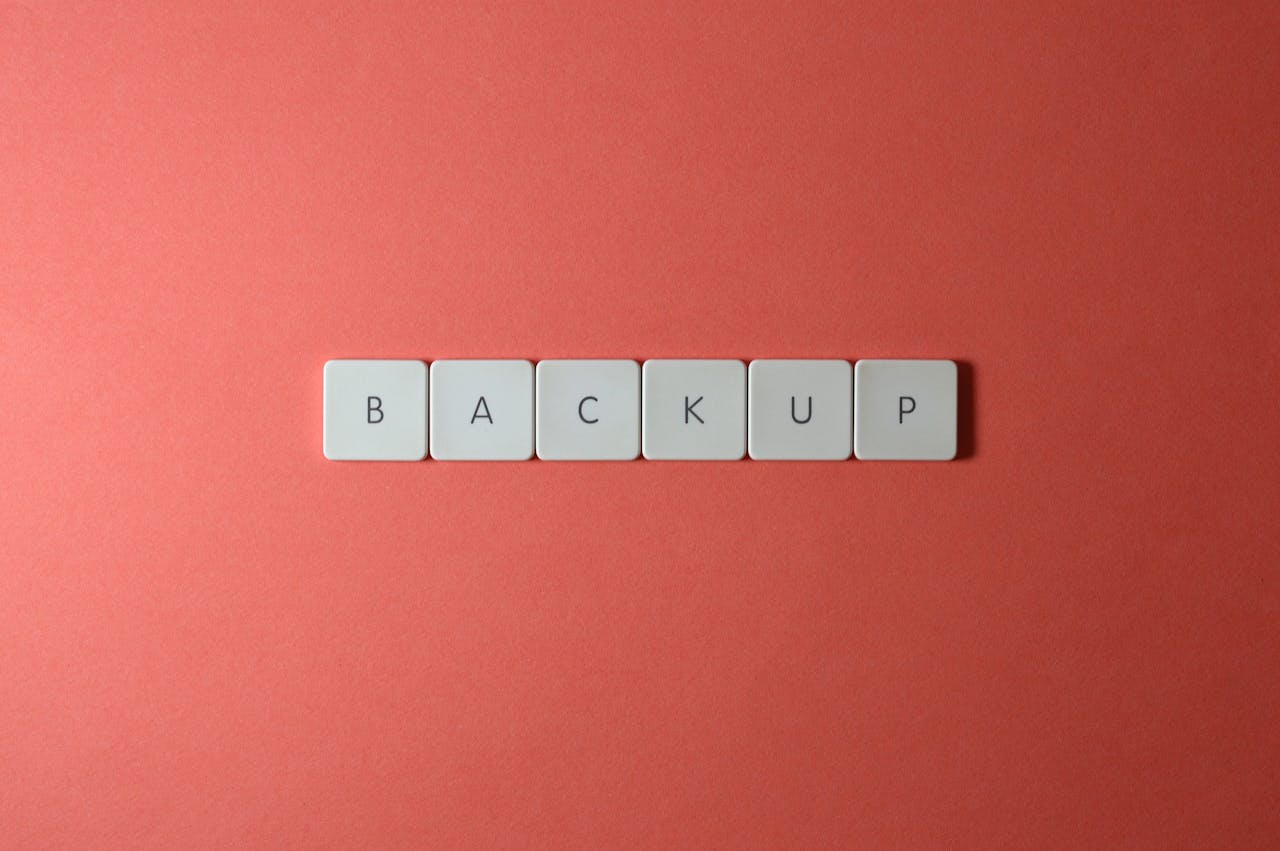Shared Responsibility: Why “Cloud” Doesn’t Mean “Backup
Many believe that using the cloud automatically means your data is safe, protected, and backed up. Unfortunately, that isn’t quite true.
Posted On: 16th July 2025
Categories: Uncategorized

Over the past decade, the move to the cloud has transformed the way businesses operate. Whether it’s Microsoft 365, Google Workspace, or a public cloud platform like AWS or Azure, the promise is the same: scale, speed, and simplicity.
But amidst the convenience, a common misconception persists. Many believe that using the cloud automatically means your data is safe, protected, and backed up. Unfortunately, that isn’t quite true.
At The Milk Men, we often support clients in navigating these assumptions. One of the most important concepts we help explain is the Shared Responsibility Model. Understanding this model is key to ensuring your cloud journey is secure, compliant, and truly beneficial to your business.
What Is the Shared Responsibility Model?
In simple terms, when you use cloud services, you’re entering into a shared arrangement with your cloud provider. They take on certain responsibilities, and you retain others.

Let’s use Microsoft 365 as an example, a platform many of our clients use daily. Microsoft is responsible for the infrastructure uptime, hardware, data centre security, patching, and service availability. That’s their job.
But what about your responsibilities?
- Managing user access and identity
- Controlling data governance and retention policies
- Ensuring compliance with industry regulations
- Protecting against accidental deletion or malicious actions
- Implementing data backup and recovery
That last one often catches people out.
Isn’t the Cloud Already Backed Up?
Not exactly. Most cloud platforms offer redundancy, not backup. They keep services running if a server fails. But that doesn’t protect against:
- A staff member accidentally deleting a critical document
- A disgruntled ex-employee removing shared data
- A ransomware attack encrypting your cloud files
- A misconfigured retention policy wiping emails after 30 days
In these cases, without a separate backup in place, the data may be permanently lost.
Why This Matters
As your IT partner, our goal is not to scare you. It is to equip you.
Understanding where your responsibility begins and ends helps you make smarter decisions. The cloud is a fantastic tool, but it is not a silver bullet. And without proper planning, many businesses unknowingly expose themselves to risk.
What We Recommend
At The Milk Men, we approach cloud services with a strategic mindset. That includes:
- Implementing third-party backup solutions tailored to your cloud environment
- Helping configure data retention policies aligned with your compliance requirements
- Training your team to avoid common cloud pitfalls
- Providing regular reviews to ensure your cloud usage is still fit for purpose
In short, we support you with the bigger picture. Not just the helpdesk ticket when something goes wrong.
The Bottom Line
Moving to the cloud simplifies many aspects of IT. It also introduces new responsibilities. Your data is still your data, and that means you’re still responsible for protecting it.
If you’re unsure whether your cloud environment is as secure and resilient as it should be, let’s have a chat. We’re not here to push products. We’re here to help you make informed decisions.
Because ultimately, our success is tied to yours.
